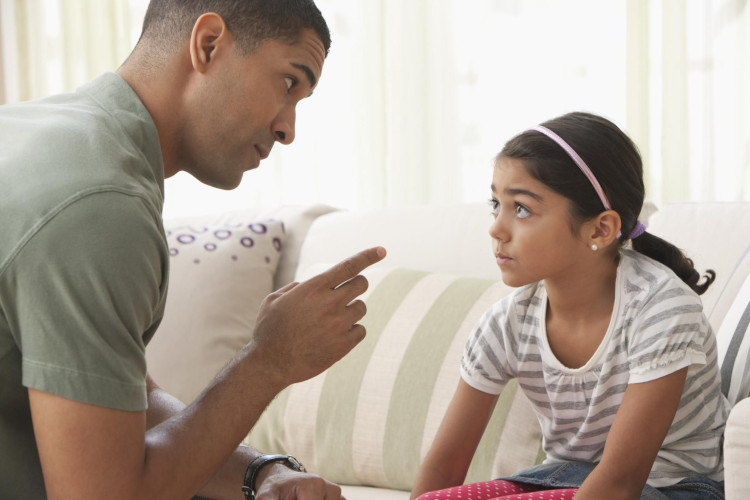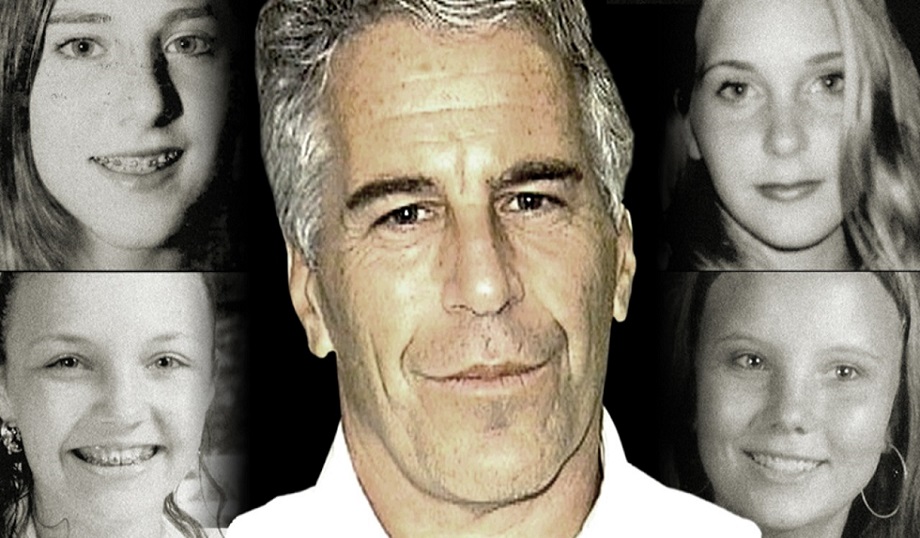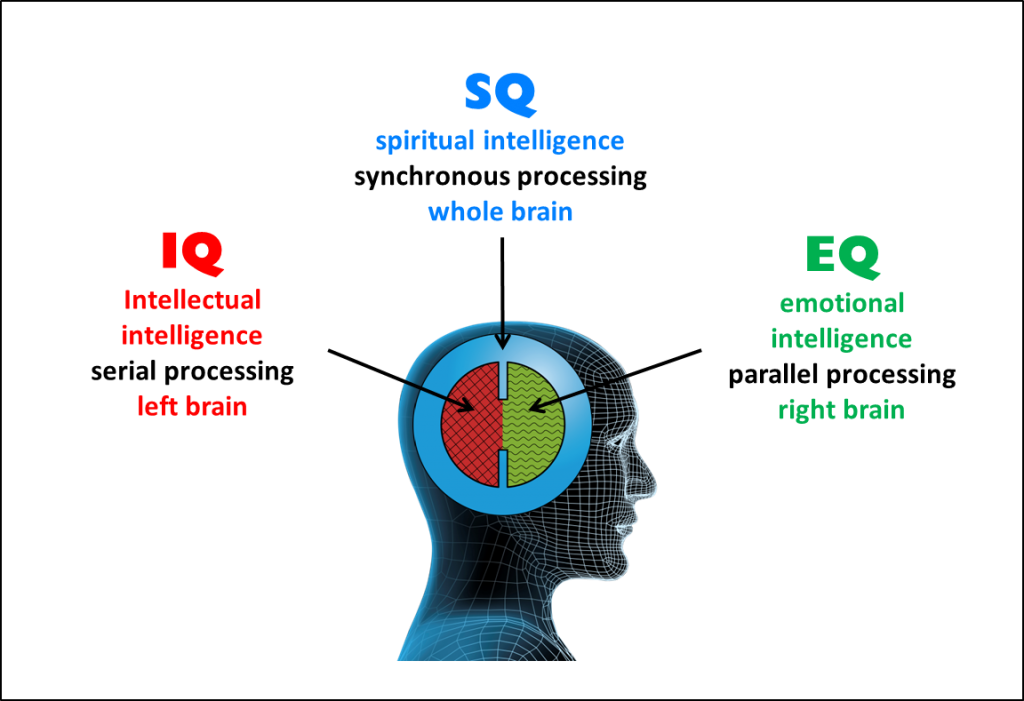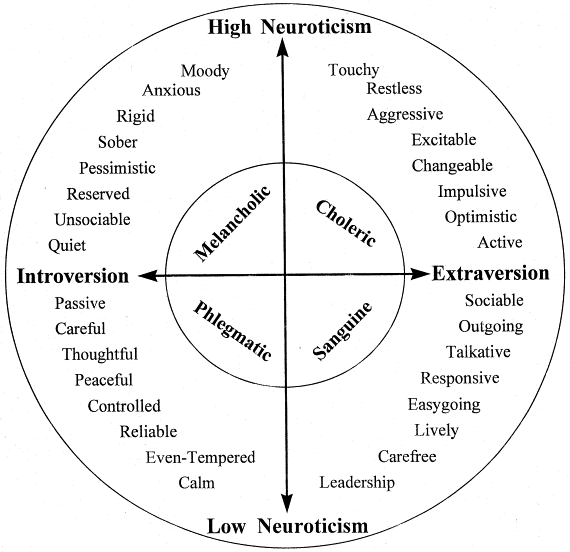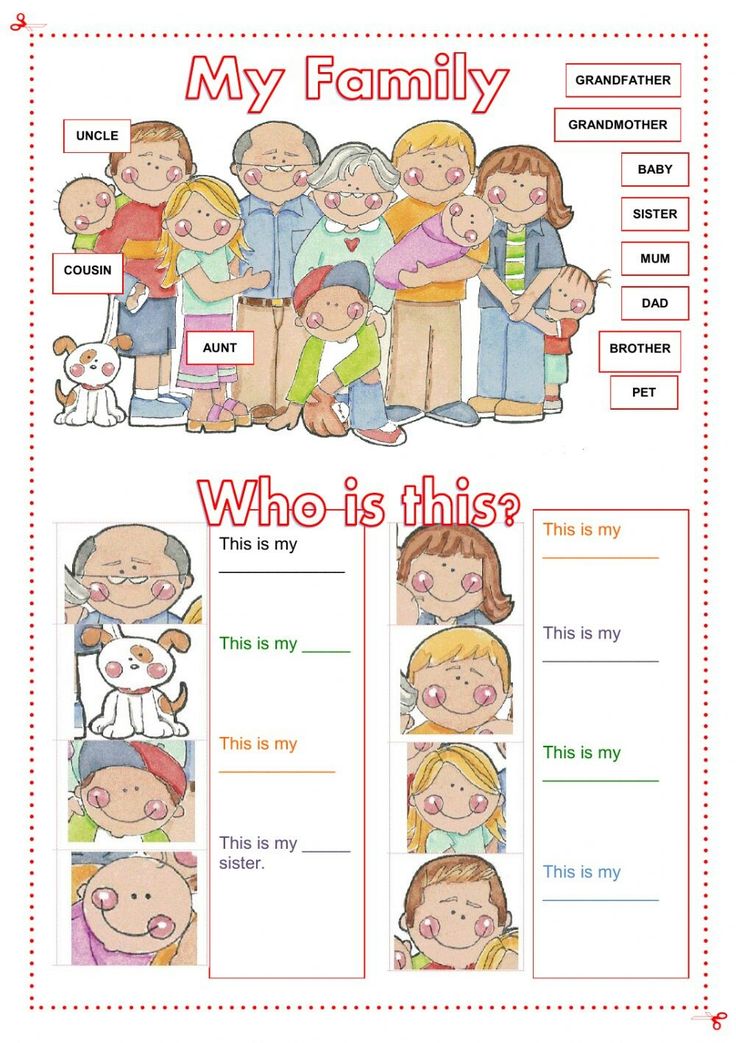Children lack empathy
My Child Lacks Empathy, What Should I Do?
Empathy is often confused with sympathy. Sympathy, which is the feeling of pity for someone else, is very different from empathy, which is the ability to understand and share the feelings of another person. Empathy requires a person to be able to think about the feelings of others and to be there with that person in their time of need. An easy way to differentiate empathy and sympathy is that empathy is saying to the other person “I feel how you feel” versus sympathy is saying “I know how you feel.”
At What Age Should a Child Show Empathy?While some people may be naturally more empathetic than others, empathy is a learned behavior and is particularly important for young children to learn as they grow and develop. The development of empathy tends to naturally happen as children get older due to a combination of biology and learned experiences. Many experts report that you cannot expect young children under 5 to show empathy due to their stage of development and lack of lived experience.
Around the age of 8 is where children begin to show empathy towards others.
Many parents are fearful that their child has a lack of empathy. Parents often share that their child engages in callous or unemotional behaviors or that they do not take another person’s feelings into account during play or day to day activities. It can feel unnerving to experience a lack of empathy from your child, but there are ways that we can help children to better understand others’ feelings and to develop empathy.
Engage in genuine empathy for your own childThe best way for a child to learn what empathy is is to feel empathy themselves. Next time your child is having a tough time and is engaging in disruptive behavior or a big emotion, see how you can respond with empathy. For example, if your child came home from school and expressed that their friend left them out of a game during recess, respond with empathy. Have them feel what you hope they can help other people feel. Acknowledge your child’s feelings by saying something like, “That sounds like it was really hurtful to be left out today at recess.” Channel your own emotions and put yourself in your child’s shoes.
Have them feel what you hope they can help other people feel. Acknowledge your child’s feelings by saying something like, “That sounds like it was really hurtful to be left out today at recess.” Channel your own emotions and put yourself in your child’s shoes.
From a young age, we can help children to start engaging in perspective-taking through modeling. For younger children- you can model empathy towards characters in books, movies, or in play. For school-age or older children you can focus on family members, friends, pets, or strangers. You can share empathetic statements that show you are taking the perspective of others like, “Simba seems very sad that he lost his father.” You can also model how to support someone emphatically in front of your child. For example, if you were at the child’s grandmother’s house and she cannot find her cat, you can, in front of your child, engage in empathetic statements towards Grandma and say things like, “I know this is hard, we are here with you.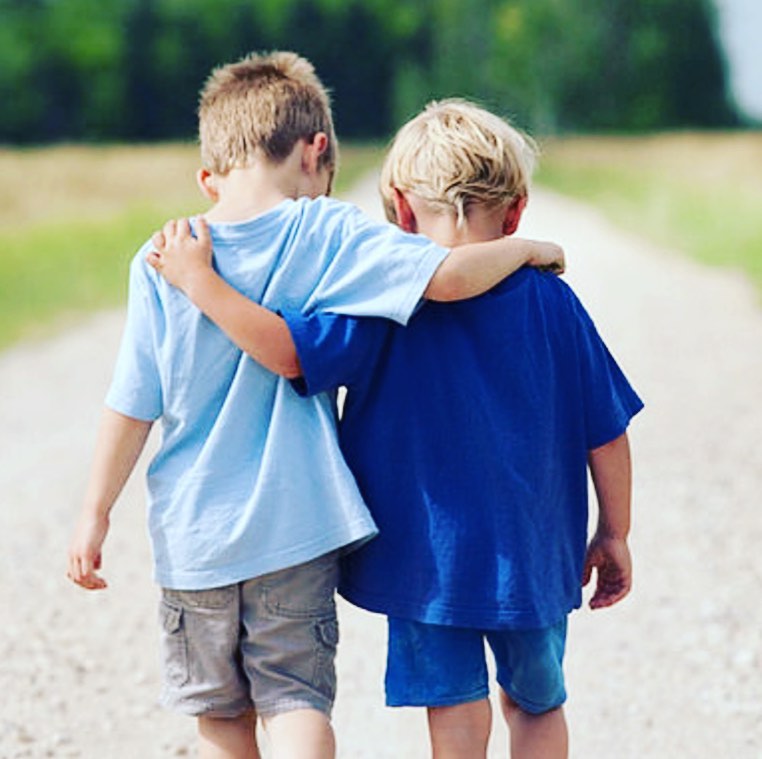 ” Make sure you are using empathetic body language and facial expressions in front of your child so they have examples of what empathy towards others looks and feels like.
” Make sure you are using empathetic body language and facial expressions in front of your child so they have examples of what empathy towards others looks and feels like.
A great way to encourage perspective-taking and thoughtfulness towards others is to have children attempt to think about what others may be thinking or feeling when they are calm and excited. One way to do that is by making perspective-taking fun. Challenge your child to a game of “empathy I-spy.” To do so, sit with your child in a spot where you can see many people (i.e. a park bench overlooking a playground or a seat in a mall food court). Sit with your child and take turns asking what certain people may feel and what you can do to help. Take turns asking about different people and model empathy towards others in your response. For example, you could say something like, “That little boy seems determined to get all the way across the monkey bars by himself. I can tell because he keeps trying and he is telling his dad not to help him.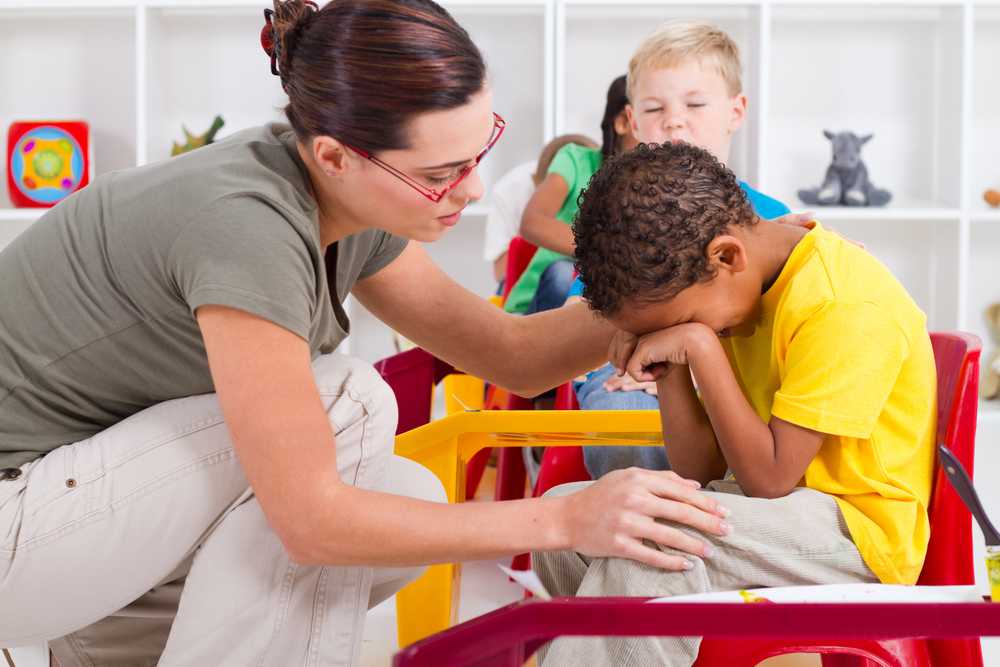 If I was with him, I would cheer him on to help him accomplish his goal.” By making perspective of taking a game, you are more easily able to encourage kids to engage and get excited about empathy.
If I was with him, I would cheer him on to help him accomplish his goal.” By making perspective of taking a game, you are more easily able to encourage kids to engage and get excited about empathy.
Similar to practicing genuine empathy towards your child, practicing genuine empathy towards others in your everyday life alongside your child can be a helpful way to engage your child in empathetic acts. It can also serve as a great model for your child what empathy looks like. With your child by your side, hold a door for someone, help an elderly neighbor carry their groceries inside, or volunteer at an animal shelter. Ask your child how these behaviors helped others, how it may have made the other person feel, and how it made your child feel. Ask your child how they would like to help others and their community so that you can engage in things that make them feel passionate and excited about helping others.
If your child is struggling with severe unemotional and/or malicious behaviors towards others, animals, or themselves reach out to their pediatrician to help learn more about managing these behaviors in another way.
Do Children Lack Empathy? - NOLA Family Magazine
Close up of beautiful blonde girl making heart with hands, looking through it in camera, posing for photo with smile and happy expressionEducation, Health, Parenting, Special Needs, StagesBy
January 1, 2022
By Susan Marquez
Some have blamed social media for taking bullying from the playground to the Internet with cyberbullying on the rise. The argument can be made that the real problem is the lack of empathy in children.
Empathy Develops at an Early AgeEmpathy is something that develops as a child ages. The ability to feel for others and mentally put yourself in their place is something that is learned, and parents can help foster empathetic behavior and understanding. Sharon Perkins writes in an article on the hello MOTHERHOOD website that it is unrealistic to expect a child under five to truly empathize with others, because they are not yet able to put themselves in another person’s shoes. She says that true empathy for others normally doesn’t start to blossom until age eight or nine.
She says that true empathy for others normally doesn’t start to blossom until age eight or nine.
Claire Lerner and Rebecca Parlakian wrote about how to help toddlers develop empathy in an article they wrote for the Zero to Three website. “While empathy can be a complex skill to develop, toddlers can understand that they are separate individuals, and that others can have different thoughts and feelings. They can also begin to recognize that most people experience the same common feelings of happiness, surprise, anger, and sadness.”
Milestones in EmpathyLerner and Parlakian state there are certain milestones in empathy that are important in the development of a child, including establishing a loving relationship with parents, as feeling accepted and understood by parents helps a child learn how to accept and understand others as he/she grows. They say that babies start using social referencing by the age of six months, such as looking at a parent when he/she greets a visitor to the home to see if the new person is good and safe. “The parent’s response to the visitor influences how the baby responds.” Lerner and Parlakian state that while a child may be encouraged to say, “I’m sorry,” it doesn’t necessarily help a toddler learn empathy. “A more meaningful approach may be to focus on the other person’s feelings: ‘Look at Sierra–she’s very sad. She’s crying. She’s rubbing her arm where you pushed her. Let’s see if she is okay.’ This helps children make the connection between the action (shoving) and the reaction (a friend who is sad and crying).”
“The parent’s response to the visitor influences how the baby responds.” Lerner and Parlakian state that while a child may be encouraged to say, “I’m sorry,” it doesn’t necessarily help a toddler learn empathy. “A more meaningful approach may be to focus on the other person’s feelings: ‘Look at Sierra–she’s very sad. She’s crying. She’s rubbing her arm where you pushed her. Let’s see if she is okay.’ This helps children make the connection between the action (shoving) and the reaction (a friend who is sad and crying).”
Empathy is closely tied with emotions, and learning to manage emotions helps develop healthy identities, maintain supportive relationships with friends or family members, as well as make responsible decisions. Sara Potler LeHayne, founder and CEO of Move This World, has identified Social Emotional Learning (SEL) as an integral part of human development. According to Move This World, SEL encompasses everything from goal setting to stress management, which provides both children with tools they can use to express themselves authentically and appropriately.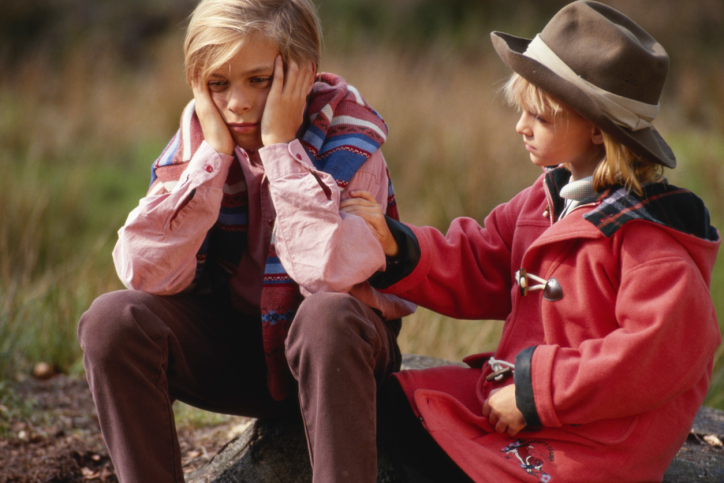 Through her Dance 4 Peace program, LeHayne has created a series of train-the-teacher instructional videos that incorporate dance and movement into lessons about empathy which can be used in the classroom. Based on her experience, LeHayne recognized that children express themselves more authentically through movement and learn more comprehensively through physical experience.
Through her Dance 4 Peace program, LeHayne has created a series of train-the-teacher instructional videos that incorporate dance and movement into lessons about empathy which can be used in the classroom. Based on her experience, LeHayne recognized that children express themselves more authentically through movement and learn more comprehensively through physical experience.
Michele Borba, a parenting and child expert and educational psychologist has written extensively about empathy in children, specifically about when to worry about a lack of empathy. Signs that a child may have low empathy, according to Dr. Borba, are when a child never cries at movies or is concerned if his/her friends are hurt, if a child is mean, and seems to enjoy when their classmates cry, or that they don’t care about anyone but themselves. Parents may wonder if they can have influence in a child’s capacity for empathy. Dr. Borba says that research says that empathy can absolutely be cultivated in a child. The problem comes when parents think that lack of empathy is a phase a child will outgrow.
The problem comes when parents think that lack of empathy is a phase a child will outgrow.
“Compassion and kindness comprise the essence of humanity,” says Dr. Borba. “Empathy is the critical emotional ability to put oneself in the other person’s shoes to understand their feelings and situations. Because lack of empathy is a risk for aggression and violence, instilling empathy in our youth is essential.”
Age of Sympathy - Katerina Murashova - Children - Site Materials - Snob
American researchers in the last quarter of the 20th century convincingly showed that babies confidently recognize the main emotional states of the mother and react to them as early as four hours after birth. Calmness, joy, fear, anxiety... But I didn't want to talk about that. At what age can sympathy, empathy in a child become effective, consciously directed at another person?
You can often hear from parents complaining about bad behavior, uncontrollability or even cruelty of their own children: “But he is still small! He doesn’t understand that dad gets tired at work, grandfather is seriously ill, sister is upset because of a quarrel with a friend, and mom needs to be alone at least sometimes. That’s why he behaves like this…”0003
That’s why he behaves like this…”0003
Understands or does not understand? Should I or shouldn't I adjust my behavior? Should it be taught? If yes, and yes, then at what age? At two years old, it’s still too early, he still doesn’t speak plainly. And at five - isn’t it too late, because it’s as if (where did it come from!) He turned out to be a complete egoist, who is only interested in his own desires?
Let me tell you a case from my life.
The child is one and a half years old. An ordinary baby, says a few words "mom", "dad", "give", "woof-woof" and, of course, loves to play with his mother.
They have a favorite game. When the baby is upset about something or has fallen and hurt himself, the mother presses his index finger on his nose-button and says loudly:
- Beep! Beep! Beep!
The child forgets about insults and laughs with delight, bursts into laughter. The mother also laughs and explains the origin of the game by saying that her son's round, almost bald head reminds her of the first Soviet satellite and its call signs.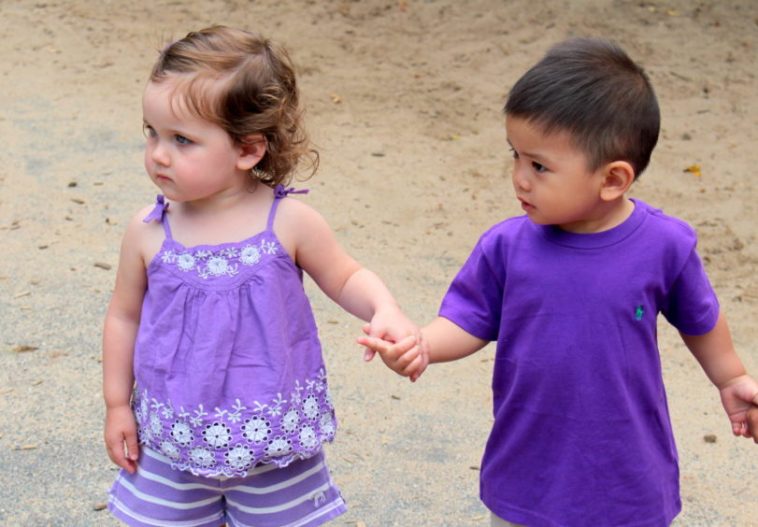
And then the child, who was practically not ill, suddenly fell ill. Some kind of severe infection, a sharp rise in temperature, febrile convulsions, respiratory arrest ...
The mother was not at a loss and did not panic. She, as best she could, began to give the child artificial respiration, chest compressions. The eldest daughter, instructed by her mother, called an ambulance. The ambulance arrived very quickly. Thanks to the clear words of the girl, the doctors knew in advance what they were going to, and acted accurately and smoothly. The baby was given the necessary injections and taken to the hospital with his mother.
In the hospital, he began to recover.
No one knew for sure how the tragedy would turn out for him. How long was the brain without oxygen? How hurt was he? Or maybe help arrived in time and everything worked out?
The child was alive, everything that could be done had already been done. And the mother, who until now had been collected and calm, began to discharge: she cried and then grabbed the child in her arms and began to kiss him, then put him back in the crib and turned away, covering her face with her hands.
And then the child opened his eyes and began to look around, as if trying to realize where he was and what was happening. The doctors breathed a sigh of relief: the look of the baby seemed to be quite meaningful, although somewhat “in a bunch” (which was also explained by the action of the drugs).
Everything is unfamiliar: a hospital, a bed, white walls, some uncles and aunts around. Finally, the child finds a familiar face with his eyes - mom! To tell you the truth, it's hard to recognize her in her current state. But the kid is clearly coping, and the doctors, having seen this, are going to disagree with the consciousness of a fulfilled duty.
The mother again grabs the child in her arms. The kid frowns his bright eyebrows, as if struggling to understand something, then with the same tension, clearly overcoming weakness, raises his pen ...
— What? What? the mother asks anxiously.
Finally, he manages to concentrate his eyes and direct the movement of his hand.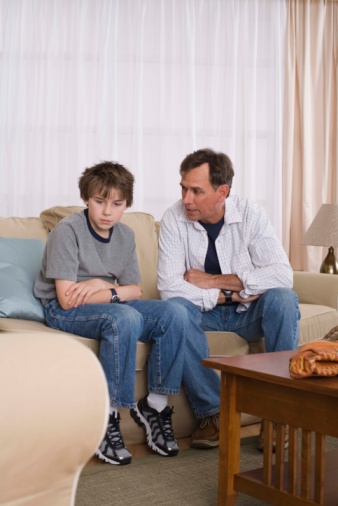
With a blissful smile, he presses his mother's nose with his finger:
— Mom! Beep!
And obviously waiting for the mother to stop crying and laugh now. It always helped him, so it will help her too.
The doctors leave the room smiling, the mother laughs through her tears, and the elderly nurse blinks suspiciously often.
At the end of this story, I would like to return to the questions asked at the beginning of the text. Is a child capable of empathy at such an early age, or is this an exceptional case? At what age does this ability begin to manifest itself? Should it be taught? If so, at what age?
I would like to hear your opinions.
Empathy and kindness are born in the family - Child development
It is very important for parents to accept children as they are, feeling love, kindness, understanding and mercy for them. However, if you want to teach them to be compassionate, it is not enough just to experience these feelings, you must demonstrate them by your own example in everyday life, and it is best to start with compassion for yourself.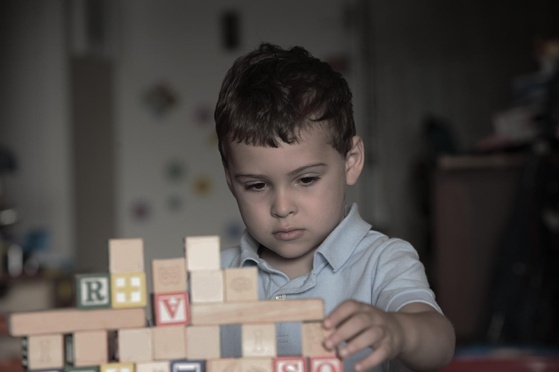
Think about compassion in the sense of how important it is to demonstrate it to your children in action. After all, our children are watching us. How do we deal with our emotions? How do we communicate with the people around us? What should the manifestations of true mercy really look like?
The following are five tips on how to show empathy and compassion in everyday life, given the intent and parental gaze of children.
1. Have compassion for yourself. Remember that we can only teach children most effectively what we do ourselves. If we want our children to show mercy to themselves, we must show them how to do it! For example, you can feel sorry for yourself by admitting that raising children is hard work. Sometimes we as parents have to do things differently than we want. Sometimes we get so tired and exhausted that cooking scrambled eggs is all we have the energy for. Sometimes we need a break because we're so irritated that we just can't think clearly.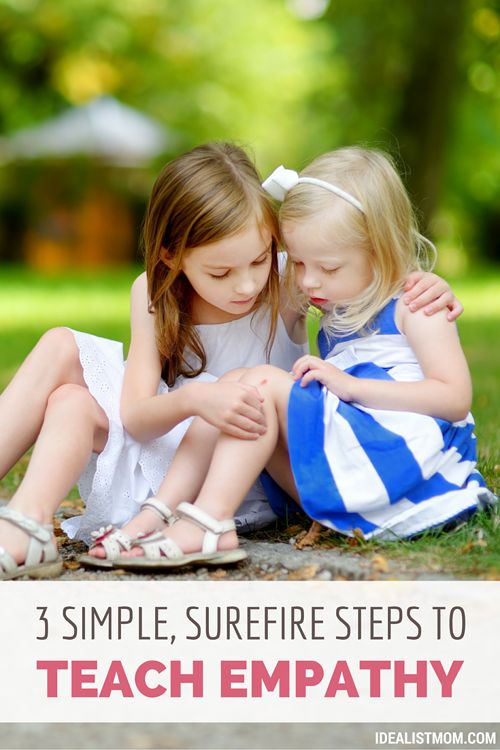
Whatever you reproach yourself for, put it out of your mind. There are no perfect parents. Instead of reproaching and tormenting yourself, remember that you are also a person. After a conflict situation, when you all calm down, tell your baby that you, too, sometimes make mistakes. Apologize for the hurt you caused him and say that you sincerely wish to do things differently next time. Empathy and hugs from your child will likely heal you as well as theirs.
2. Show compassion for your spouse. This is very important. We often feel sorry for children when they are having a hard time, but how often do we feel sorry for our spouses? Often we spend all our eloquence on children, but we save it when communicating with our soul mate.
Remember those eyes that watch your every move? Many of us are sympathetic when a child forgets to do his chores, but are ready to lash out at a spouse for forgetting to take out the trash! This is how children learn that not everyone is worthy of compassion, which is not at all what we want to teach them.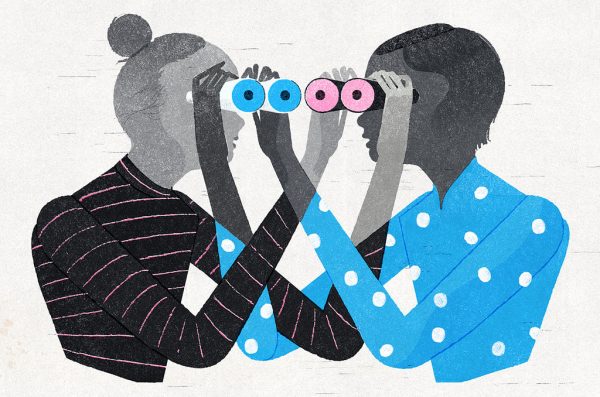 We all have bad days, we all forget things from time to time, and we all deserve sympathy. The next time your spouse says or does something that upsets you, show them all the empathy you can. Try saying, “You are so stressed today. Let me hug you!" This will not only show the children the ability to show compassion, but also spend a pleasant evening!
We all have bad days, we all forget things from time to time, and we all deserve sympathy. The next time your spouse says or does something that upsets you, show them all the empathy you can. Try saying, “You are so stressed today. Let me hug you!" This will not only show the children the ability to show compassion, but also spend a pleasant evening!
3. Show empathy for your child. Then he will feel the effect of sympathy on himself. Yes, we as parents should teach our children self-discipline, responsibility, reliability, and many other good qualities. Nevertheless, we must do all this sympathetically. This means learning to move beyond bad behavior and have compassion for the beliefs behind it.
Here is an example of compassionate, sympathetic discipline. The child prevents you from talking on the phone. Yes, this behavior is annoying. Yes, we want him to behave differently. But if we immediately start screaming or punishing the child, then we will only correct the current behavior, as a result of which the child will feel only shame and our condemnation.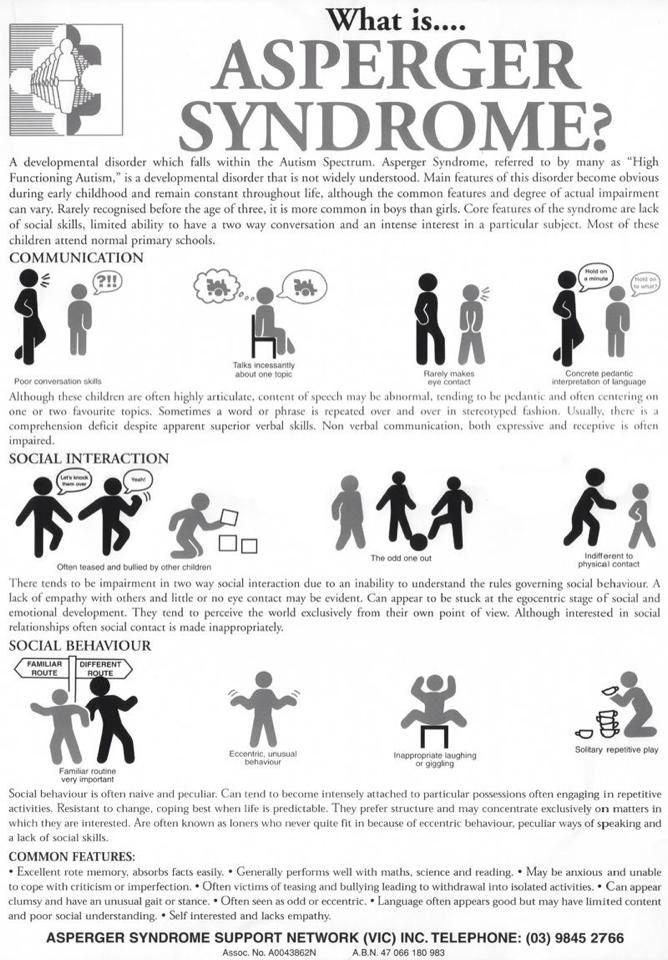 Such feelings cannot inspire either a child or an adult to cooperate or change behavior next time. We will achieve much more if we understand and empathize with the child's belief that lies behind such behavior.
Such feelings cannot inspire either a child or an adult to cooperate or change behavior next time. We will achieve much more if we understand and empathize with the child's belief that lies behind such behavior.
For example, after you finish talking on the phone, you could ask your child, “It was hard for you to wait for your mother to finish talking. Tell me how did you feel?" You may not get an answer, in which case you will have to guess and try to understand how your child felt: “I believe that you felt lonely, and perhaps even angry that mom was paying attention to someone else.” Most likely, you will hear an expressive “Yes!” in response.
And here, at this moment, comes the turn of compassionate, sympathetic discipline: “Sometimes I need to talk on the phone, but I can end the conversation faster if no one bothers me. What do you think can help you pass the time while your mom is on the phone?
You can, for example, offer your child a “special” coloring book, which he will take only when his mother is busy on the phone.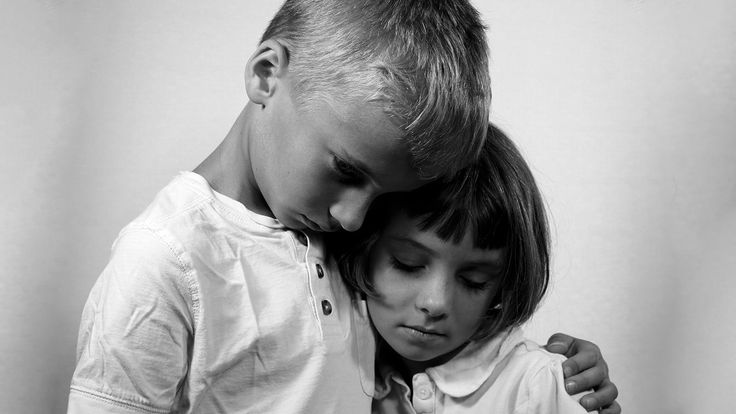 We can agree that this coloring book will always lie in a certain place, for example, near the home phone, so that the child can easily find it.
We can agree that this coloring book will always lie in a certain place, for example, near the home phone, so that the child can easily find it.
4. Show empathy outside of the home: in the car, at the post office, at the grocery store—wherever stress levels are higher than in your family setting.
Have you ever made snarky remarks about a car driver who cut you off? Did your child catch you on such statements?
These are, of course, trifles. At such moments, we are not even aware that children are watching us. An outsider does something that we do not like, interferes with us, and we comment on this situation aloud. We call such outsiders "idiots," wonder "what kind of fool do you have to be" to do such a thing, and speak disparagingly and arrogantly.
In such a situation, the child may ask you what wrong the other person did to you. It is important to learn to go beyond your own vision of events and show concern for other people. For example, you could say, “You know, I'm a little nervous because we're running late, and I got mad when that car blocked our way. But after all, if you think about it, this person can also be in a hurry somewhere, perhaps he has some urgent business or he just got lost.
But after all, if you think about it, this person can also be in a hurry somewhere, perhaps he has some urgent business or he just got lost.
Although such phrases are mostly intended for a child and serve as a correct (albeit largely artificial) model of empathy after uttering critical statements about another driver, they can really change your mood. The great thing about compassion is that when we show it to other people, we ourselves begin to feel very good, even irritated!
5. Draw your child's attention to signs of empathy. Something good is always happening around us. The child shares his toys on the playground. The brother brings brilliant green and cotton wool for the crying little sister. The person walking behind you picks up the document you dropped and runs after you to give it back. Little things like this happen every day.
As soon as you can, pause and think with your child about these kinds of empathy. Talk about the good deeds of people.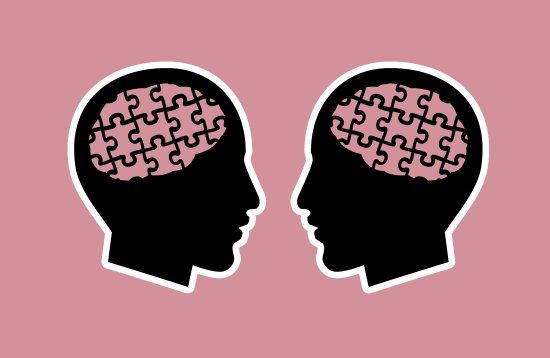 If you were treated kindly, tell your child how you felt at that moment: “I am so grateful to that woman for noticing how I lost the document and returning it to me. It's nice to know that people care about each other."
If you were treated kindly, tell your child how you felt at that moment: “I am so grateful to that woman for noticing how I lost the document and returning it to me. It's nice to know that people care about each other."
If your child has experienced someone's kindness and concern, ask him how he felt at that moment: “I noticed that my brother brought ice when you fell and hurt yourself. How did you feel when he showed concern towards you? If the child himself sympathized with someone, do not leave this without attention! Be sure to note: “You shared a toy with your friend when she so wanted to play with it. I know how hard it can be to share sometimes, and yet you did it. What did you feel about it? What do you think your friend felt at that moment?
These questions may sound silly, but they encourage the child to think about showing empathy. They help him connect action with feelings. All these moments help to understand what it means to feel compassion both for oneself and for oneself from other people, and contribute to the manifestation of empathy in everyday life.